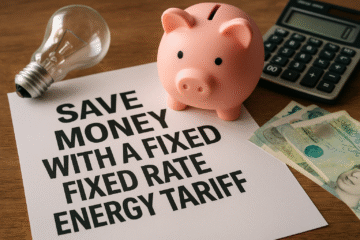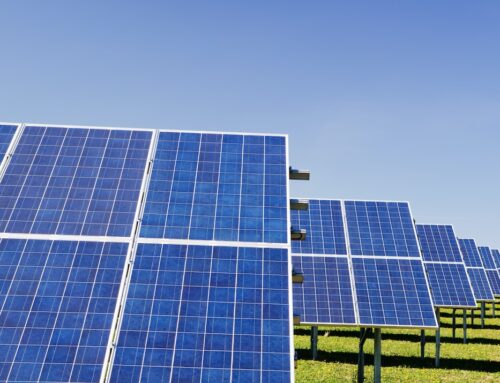In today's dynamic world, it is more important than ever to use our resources wisely and save money, including energy. Saving energy not only reduces our carbon footprint, helping to combat climate change, but it can also lead to significant financial savings. This article provides practical steps to help you decrease energy use at home, ultimately leading to significant savings on utility bills.
1. Efficient Lighting
The journey towards energy efficiency begins with something as simple as lighting. Replace traditional incandescent bulbs with LED or compact fluorescent light bulbs (CFLs), which use less energy and last longer. Also, make a habit of turning off lights when leaving a room. Natural light can be a great alternative during the day; it's free, and it brightens up your home.
2. Smart Thermostat
Consider investing in a smart thermostat that allows you to program temperature settings according to your needs. By adjusting the temperature when you're away or asleep, you can save a lot on heating and cooling costs. For example, in winter, lower the heat by a few degrees at night or when you're not at home, and vice versa during summer.
3. Energy-Efficient Appliances
While energy-efficient appliances might seem expensive initially, they save you money in the long run. When shopping, look for ENERGY STAR-rated appliances, which are certified to use less energy. This applies to everything from your refrigerator to your washing machine.
4. Home Insulation
A well-insulated home is energy efficient. Proper insulation in the walls, attic, and floors keeps heat in during winter and out during summer. Additionally, sealing cracks or gaps in windows and doors will prevent drafts, helping to maintain a consistent temperature inside the house and reducing the load on your HVAC system.
5. Water Heating
Lower the temperature on your water heater to around 120 degrees Fahrenheit. Not only is this safer, particularly if you have young children, but it also uses less energy. Also, consider investing in low-flow showerheads and taking shorter showers to conserve water and reduce water heating costs.
6. Minimize Appliance Use
Be mindful of your appliance use. Only run dishwashers and washing machines with full loads, air-dry your dishes and clothes when possible, and unplug appliances when they are not in use. Even when turned off, appliances can draw “phantom” or “vampire” power, increasing your energy bill.
7. Solar Panels
Installing solar panels is a more significant investment but can lead to substantial savings in the long run. By generating your electricity, you become less dependent on the grid, reducing your energy bills. Plus, excess energy can often be sold back to the grid, creating an additional income stream.
8. Choose the Right Energy Supplier
Choosing an energy-efficient lifestyle also involves selecting the right energy supplier. Energy companies often have varied tariffs, so it's essential to do your homework. Compare the rates and plans of different suppliers and consider factors like customer service and green energy options. Many companies provide renewable energy plans that can offer competitive prices. Furthermore, some suppliers offer “time-of-use” tariffs, which can save you money if you're flexible about when you use energy. By switching to a more cost-effective supplier or plan, you can significantly reduce your energy costs. Remember, the cheapest plan is not always the best, so take the time to understand what each supplier offers before making a decision.
Energy efficiency is an effective way of saving money at home. While some methods require upfront investments, such as purchasing energy-efficient appliances or installing solar panels, others are entirely cost-free and involve small lifestyle changes. All these steps, big or small, not only contribute to a healthier wallet but also a healthier planet.






